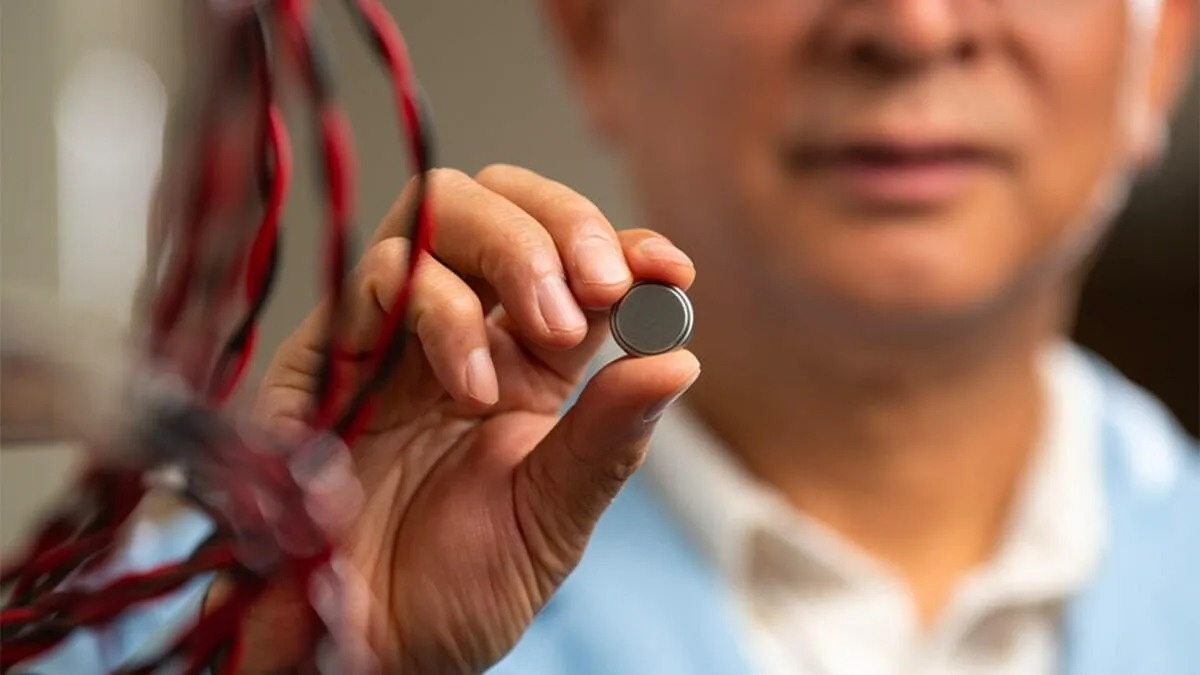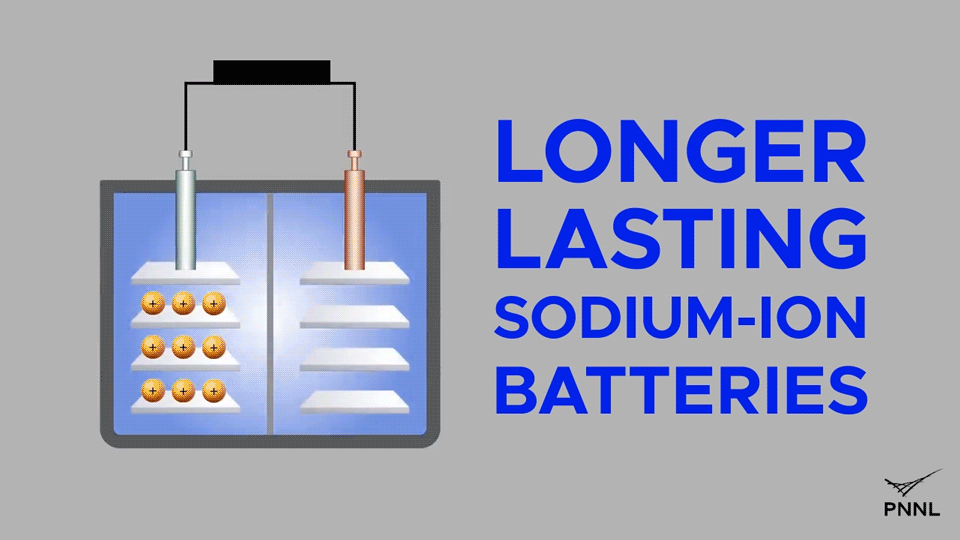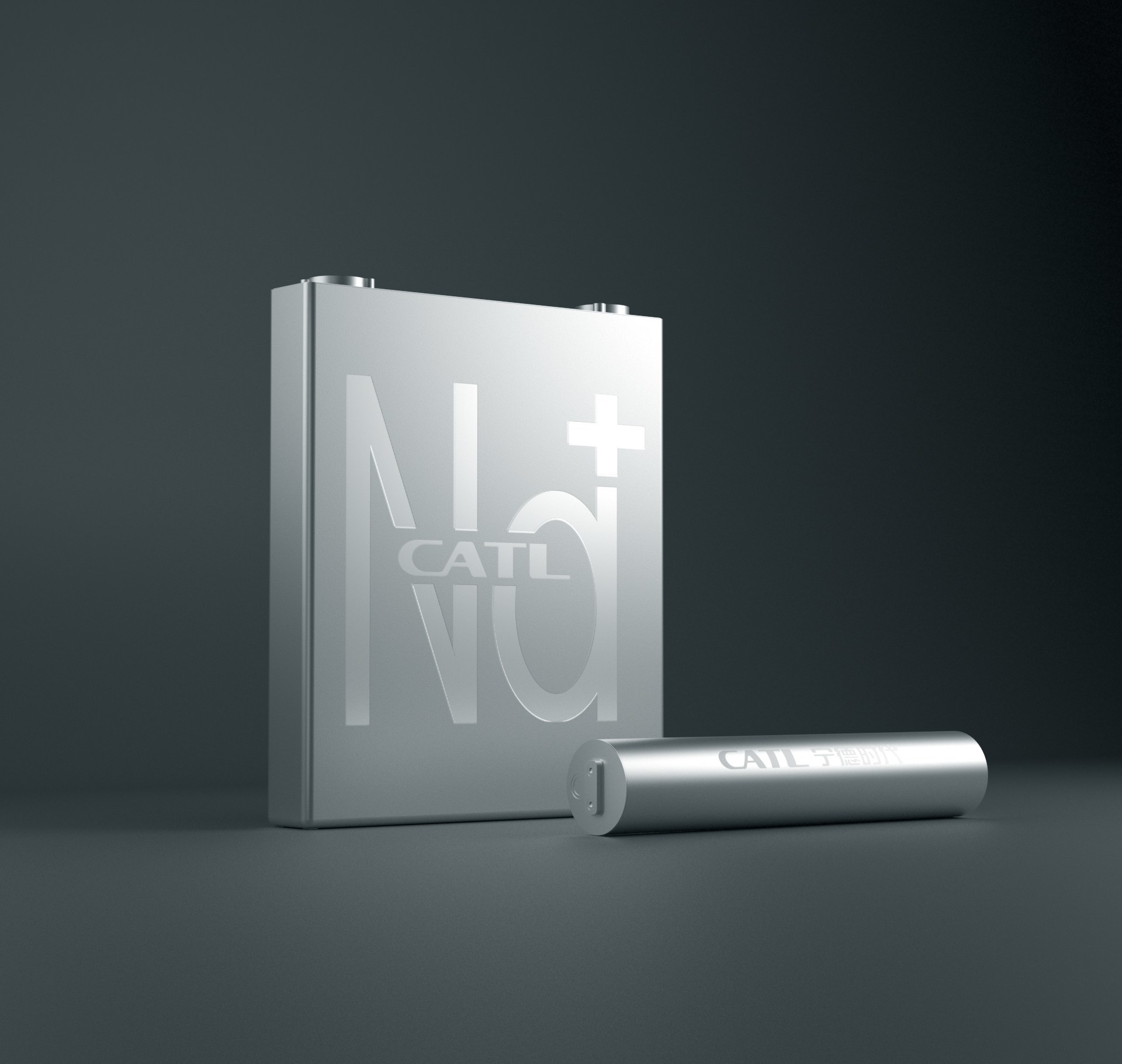New breakthrough in sodium-ion battery: Why it could be a boon for EV industry

Even while electric vehicles are taken to be green options (as opposed to petroleum-based vehicles), there has been some valid concern over the the nature of batteries being used in the EVs. The most popular one, Li-ion battery pack - let us face it - is not the most eco-friendly one.
The clean energy brigade is, however, working on newer battery techs that would be less hazardous on the environment. Sodium-ion battery has emerged to be the most popular, as it is less expensive and more green in its quintessence.
Sodium is abundant and cheap, but its limited performance in battery has hitherto hindered its large-scale application. But now a breakthrough is being claimed by a research team from the Department of Energy’s Pacific Northwest National Laboratory (PNNL). It claims to have developed a sodium-ion battery with greatly extended longevity in laboratory tests. The findings provide a promising recipe for the battery's use in the EV industry and also store energy from the sun.
Explained: The new sodium-ion battery tech

In a statement, PNNL, quoting the research lead Jiguang Zhang, a pioneer of battery technologies with more than 23 patented inventions in energy storage technology, said: "we have shown in principle that sodium-ion batteries have the potential to be a long lasting and environmentally friendly battery technology."
In general, as a battery goes through repeated cycles of charging and discharging, it loses its ability to hold charge. In current sodium-ion battery technologies, this process happens much faster than in similar lithium-ion batteries.
But the new sodium-ion battery technology developed at PNNL holds its ability to charge for longer than previously described sodium-ion batteries.
The scientists reportedly pulled this off by changing the cathode material and adding a totally different charge carrier (which is deemed the electrolyte, the 'blood' that keeps the energy flowing in a battery). By smartly tweaking the ingredients that make up the liquid core of the battery, the scientists were able to prevent the performance issues that have bedevilled sodium-based batteries.
Sign up for breaking news, reviews, opinion, top tech deals, and more.
The new 'electrolyte' also generates an ultra-thin protective layer on the positive pole (the cathode) that contributes to additional stability of the entire unit.
Sodium-ion battery and EV industry

"In laboratory tests, the new design proved durable, holding 90 percent of its cell capacity after 300 cycles at 4.2 V, which is higher than most sodium-ion batteries previously reported," PNNL said.
The new sodium-ion technology also uses a naturally fire-extinguishing solution that is also impervious to temperature changes and can operate at high voltages.
Even now, the sodium-ion technology still lags behind lithium in energy density. But its stability in the face of temperature changes, and long cycle life, surely make it attractive for the EV industry, especially for light-duty EVs and even grid energy storage.
Sodium-ion cells may not immediately overtake traditional lithium-ion batteries, but they do present a number of benefits for charging, maintaining energy, and helping to promote cleaner energy.
For the record, last year, global battery major CATL introduced its first-generation sodium-ion battery, as well as an AB solution that integrates both sodium-ion and lithium-ion cells into one pack.
In India, Reliance Industries has announced the acquisition of UK-based Faradion, a company working on use of sodium ions in rechargeable batteries.
- Amazon Prime Day 2022: Full details of all deals and offers

Over three decades as a journalist covering current affairs, politics, sports and now technology. Former Editor of News Today, writer of humour columns across publications and a hardcore cricket and cinema enthusiast. He writes about technology trends and suggest movies and shows to watch on OTT platforms.